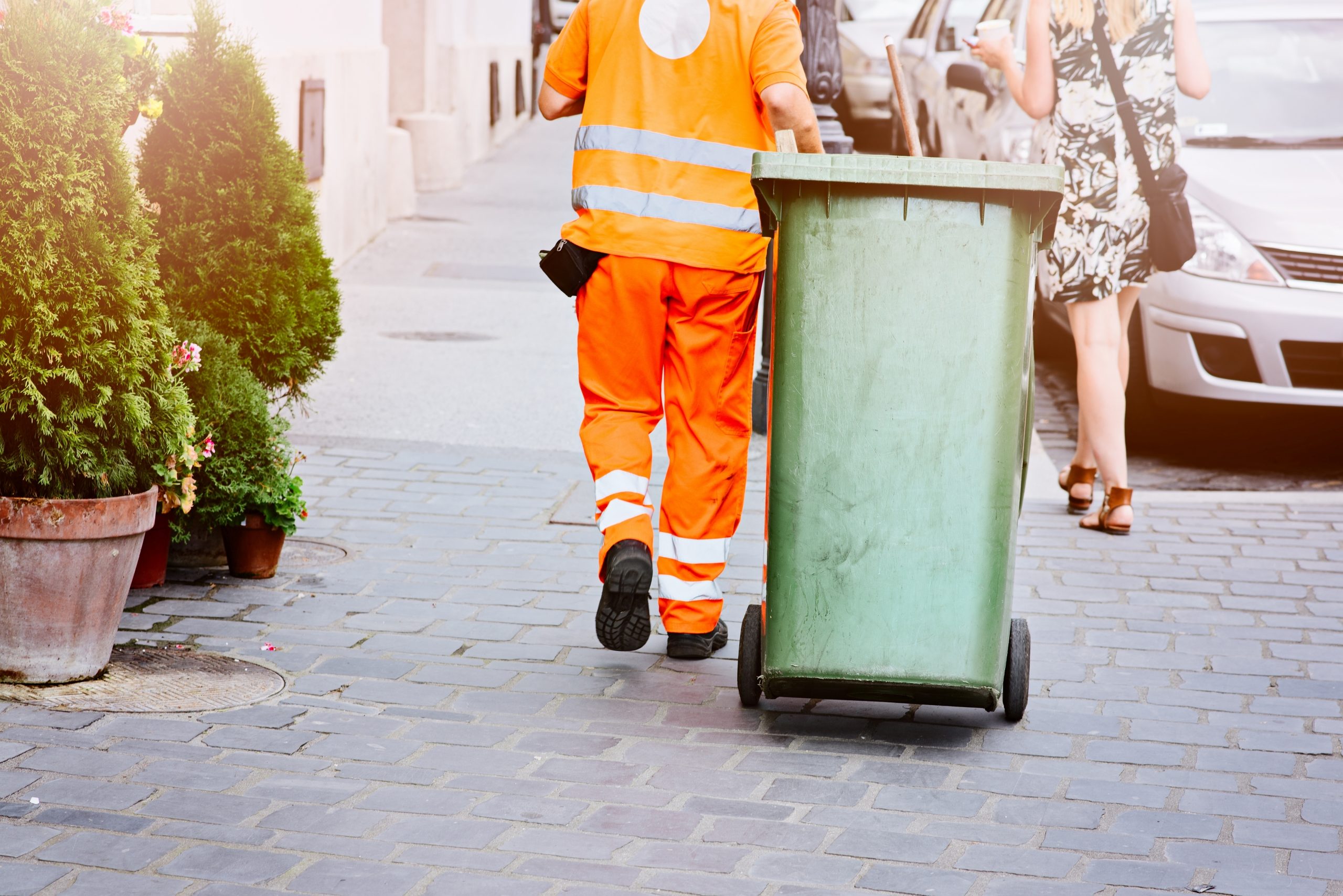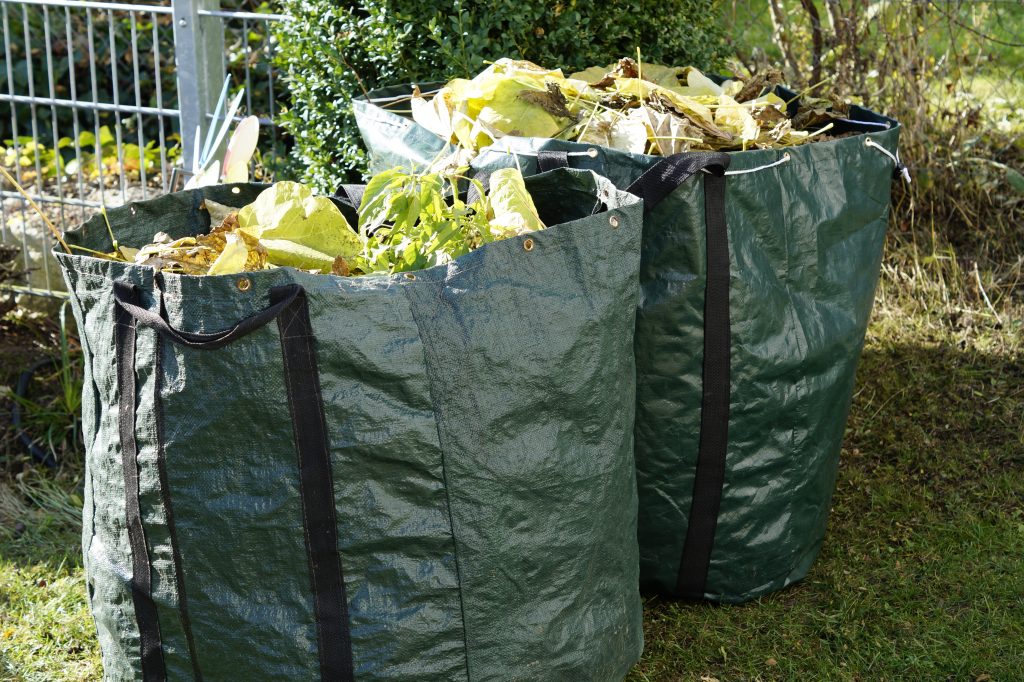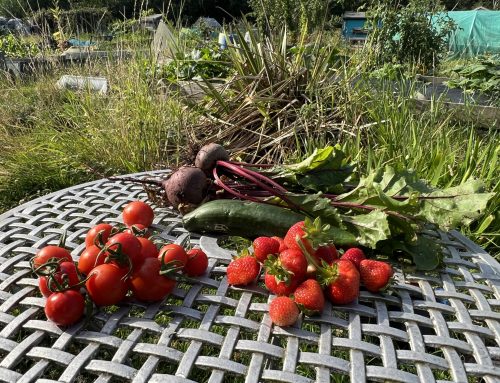Abavus works with 50+ UK councils through our My Council Services platform. We process 500,000+ garden waste subscriptions a year across many of our client sites. Some of these subscriptions are chargeable, depending on the council.
We keep up-to-date in regards to government policy changes that may impact our clients. With new garden waste proposals being considered, we assessed what their impact would be if they were implemented today.
What exactly are these new garden waste proposals?
In 2021, the UK government detailed proposals highlighting concerns with garden waste collections. There was an emphasis on reducing landfill waste and becoming more environmentally friendly. The government wants at least 65% of municipal waste to be recycled by 2035, with 10% being landfilled at most.
These proposals raise two key questions:
First, should the government collect garden waste as a standard free service?
Over 300 councils provide garden waste collection services, with over 200 charging for them. Currently, councils can choose whether to provide garden waste collections as a paid or unpaid service. Councils generate around £74 million in revenue from garden waste collections.
Second, if they can charge for it, what should be the price?
At present, a council can make a fair charge based on the cost to deliver the service. The average UK council charges a household £42 a year for garden waste collections, with the cheapest being around £20 and the most expensive around £80. Collections usually run every two weeks between February and September (around 16 collections per year).
What are the costs and challenges of switching to a free service?
Environmental impacts are a key consideration. Both the UK government and councils are looking to lead from the top. However, there is a reality of costs to address. This is especially true in a difficult post-COVID financial landscape.
Garden waste collections are often provided by third-party waste collection contractors. With long-term waste contracts in place, provision is not always included for garden waste collections. Some councils would have to renegotiate with contractors to offer this service. With the service being free and at high volumes, this could come at significant council cost.
Increased costs may lead to one of two options. The first is to raise council taxes for citizens who are already financially stretched. The second is through digital transformation or cost-cutting in other council areas.
Regardless of whether it is provided by in-house teams or outsourced providers, a free service would lead to a larger uptake in citizens requesting the service. Councils would need further resources to fulfil demand (vehicles, drivers, collection staff, etc). With wage inflation and fuel prices at all-time highs, this is not ideal. Would councils be able to deliver this service without significant financial impacts elsewhere?
When you multiply the costs of providing a free service across the UK, the shortfall looks significant. Councils could end up paying hundreds of millions of pounds per annum. With government spending curtailed due to COVID debt, councils will see less money from central government. As a result, the service would have to be paid for through taxation or budget cuts.
We must also consider that more vehicles would be needed to deliver the service. With a lack of cost-effective electric waste vehicles available, polluting petrol and diesel vehicles would be brought into the service. Therefore, would we be simply reducing landfill waste at the expense of cleaner air? An own goal, particularly with carbon emission reduction and clean air targets. Furthermore, some say there is no solid evidence the proposals would cut landfill waste below 10%.
If garden waste collections were chargeable, how much should councils charge?
Councils currently have discretion on whether to provide garden waste collections. The service is usually chargeable on top of council tax. The government has two options here – either offer the service for free, or set a national price.
We have discussed the challenges of implementing a free service above. Ministers claim a free service could save households over £100 million a year in charges. This does not consider the shortfall from introducing and maintaining a free service. The result is a potential tax burden of £400 million to fund the service. The alternative is budget cuts in other areas (e.g. education and social care). Wider income generation is a potential option to address shortfalls, but many councils are not currently set up to achieve this. Even if they were, it is unlikely to generate enough money to cover the costs.
So, the only alternative is for the government to set a fixed national price, but this also has problems. Costs differ across councils due to different local costs (fuel, staff, disposal, processing). As the service needs to be cost-neutral, councils cannot charge more than it costs them. A fixed national price will lead to some councils losing money, leading to tax rises. In other councils, a fixed charge might actually price customers out of using the service. The charges are currently based on local prices that consider what people in the area can afford.
Conclusions
Whilst this blog has focused extensively on the financial impacts of potential government changes, we believe there is limited scope to effectively implement these proposals in the current climate. Taking a one-size-fits-all approach in a post-COVID economy is ill-advised. Councils should offer garden waste collections in a way that suits their citizens. With improved communication, technology and education, citizens will help to play their part with councils to protect the environment.







